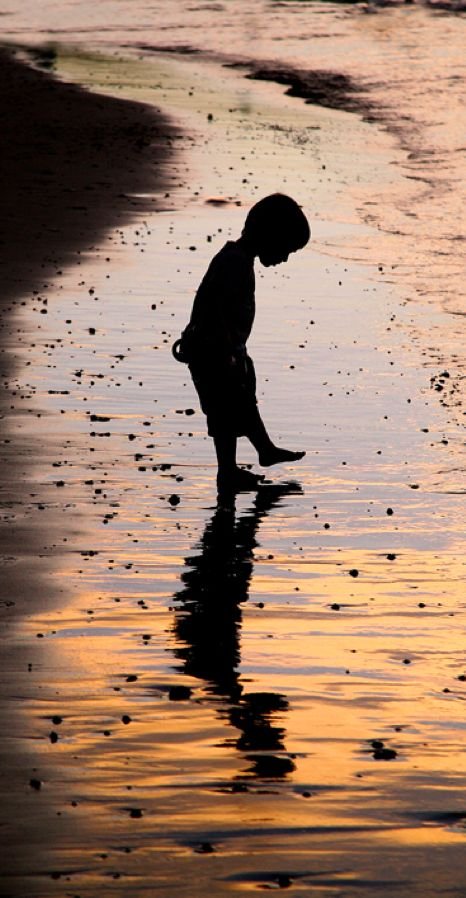5 Tools to Help Cultivate Self-Reflection and Self-Awareness in Children
Developing a routine of self-reflection is beneficial for adults and children alike. Making time for self-reflection and self-awareness activities for children at home and in the classroom helps kids to gain a better understanding of both the world around them and especially themselves.
I love this quote from Jennifer Porter, ‘Reflection gives the brain an opportunity to pause amidst the chaos, untangle and sort through observations and experiences, consider multiple possible interpretations, and create meaning.’ A lot goes unnoticed without time for reflection, many opportunities are lost to assimilate what happens into our thought process without it.
If we quieten our minds enough to allow self-reflection we can also grow in our understanding of ourselves and this helps us move towards self- acceptance and self-love which are so very important to our emotional health and well-being. Children’s need for this is as great as adults and what a gift to them and the society they will be functioning in as adults, to be making space for self-reflection from an early age. If children are encouraged to believe self-reflection is not only acceptable but necessary, then we are all winning.
Our five top ways to encourage children to self-reflect are these:
1. Be a good example as an adult. Do you project the image of the adult in their lives who is always busy, always having to do, rather than be? Are you the person who sits and reflects without any agenda? If you are then bravo! If you aren’t, then think about making time in your own life for self-reflection and tell your children that are you are having quiet reflection time.
2. Help them find the time in their own lives. Don’t schedule every second of their lives or be perturbed that they may be bored if they have free time – it is every child’s right to be bored and to fill it with time just to reflect and to be!
3 Make a Family Time for self-reflection – it can be part of a sit and do nothing time or it can come with a simple question – maybe thinking about how you feel now or how you felt during your day? Start small, like 2 minutes and build it up from there.
4 Make journal writing a part of their routine. Very young children can use non-written ways to write a journal, drawing about their feelings or dictating to a parent can be used if they are too young to write themselves. You don’t have to solve the problem, you can be merely the one who gives comfort and validation to a feeling. It can of course be about positive feelings, not just difficult ones. It may be a time when they can accept a situation or decide they can do something about it. What is important is they know its ok to self-reflect and ponder life. They will love the independent and powerful feeling it gives them!
5 Encourage gratitude Ask the question often, ‘What are you grateful for?” You can start by sharing what you are grateful for so they get the ideas. This notion of gratitude can often put in perspective those difficult situations as being perhaps not as huge as they may have thought when weighed against the positive things in their lives.
Self-reflection helps us realise some things are out of our control and need to be accepted as a part of our life’s journey. It gives us the space to recognise who we are and to, therefore, accept and love ourselves. It can steer us into thinking what it is about our life that makes us happiest, who are the people and experiences that give us the most joy and peace in our lives. If we are comfortable exploring who we really are then we can better use and trust our own guidance and intuition.
Free time for thinking allows us to access that part of ourselves that we can so often deny, that part that keeps our hidden feelings, our hurt feelings, the ones we are always trying to keep down there deep inside so we don’t have to face them. Letting ourselves have time so they can come up and surface and to feel comfortable enough to sit with them and deal with them is a healthy habit to develop especially in a child as it can be carried into adulthood where the hurts from our childhood can fester!
Self-reflection is for everyone! It’s a time for getting to know yourself better and to accept yourself. It’s not a time to explore the idea of being perfect, that leads nowhere positive but learning to accept and trust yourself is a gift best learned as early as possible!

